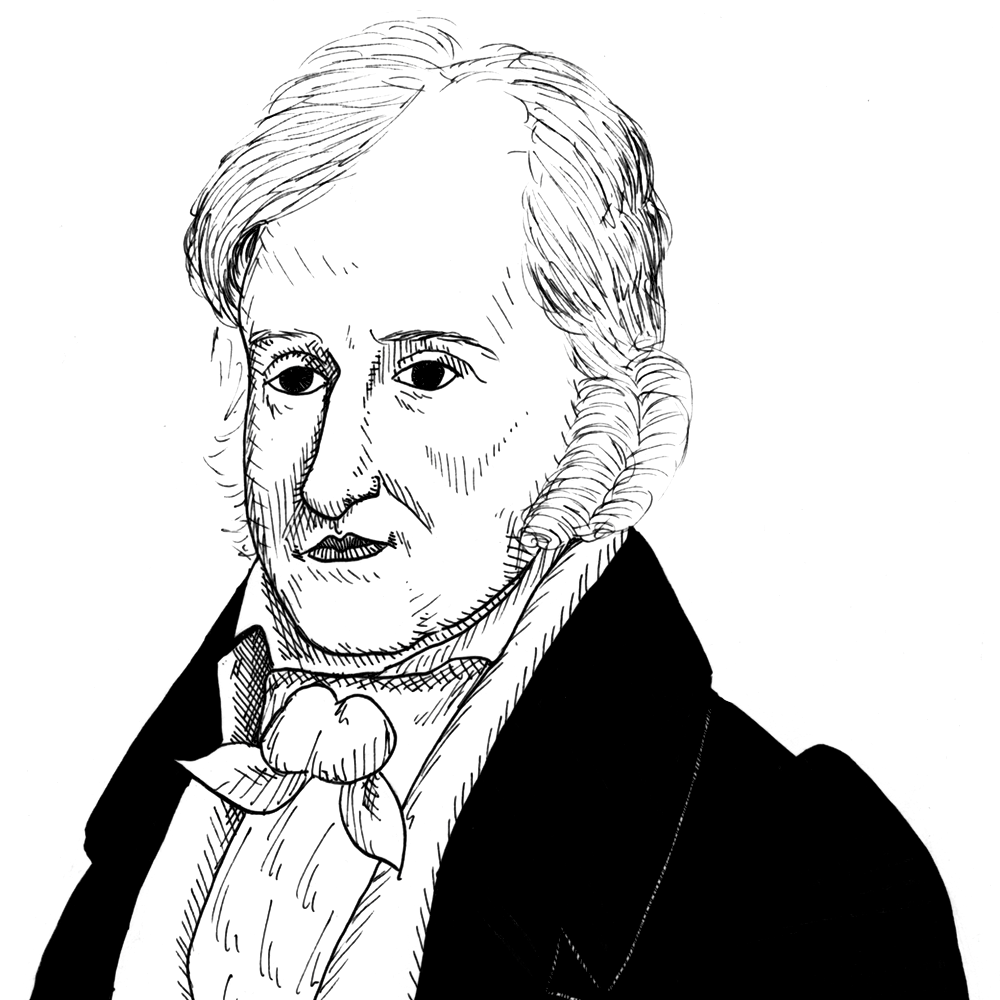
Benjamin Constant on the difference between rights and utility (1815)
Found in: Principles of Politics Applicable to All Governments
The French-Swiss political theorist Benjamin Constant (1767-1830) thought Jeremy Bentham confused cause and effect when he rejected the idea of natural rights:
Natural Rights
Right is a principle; utility is only a result. Right is a cause; utility is only an effect.
To wish to make right subject to utility is like making the eternal laws of arithmetic subject to our everyday interests.